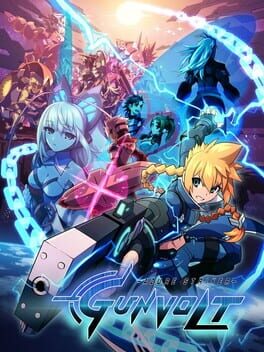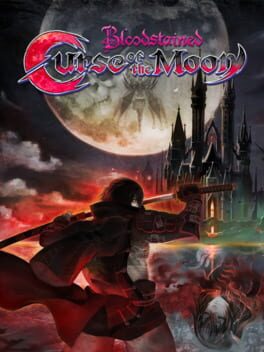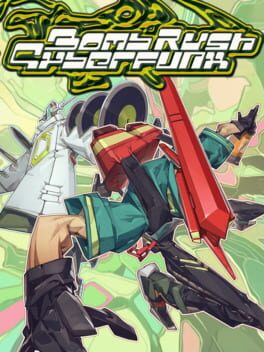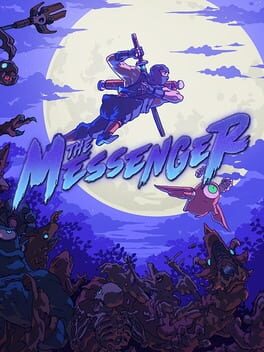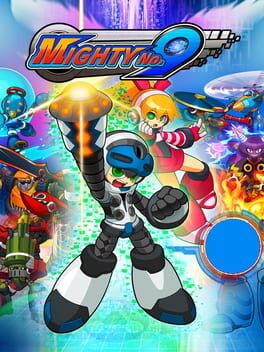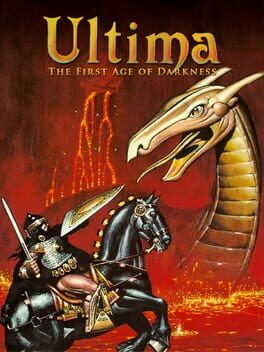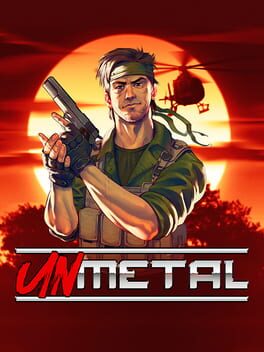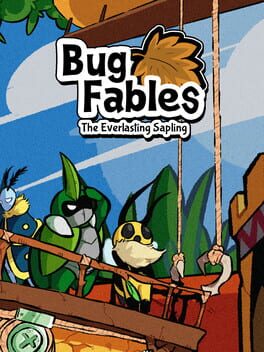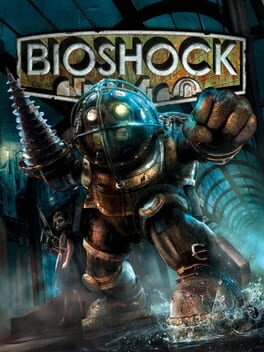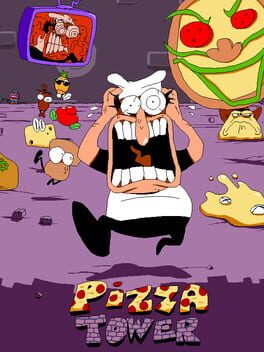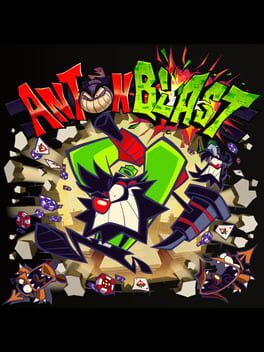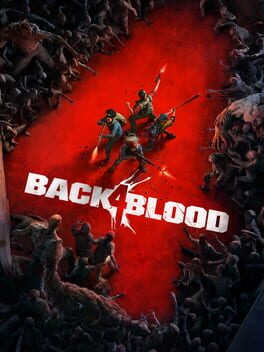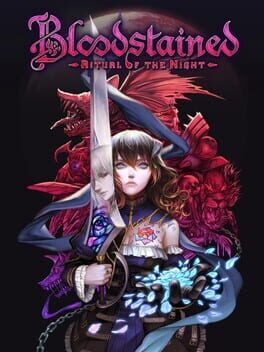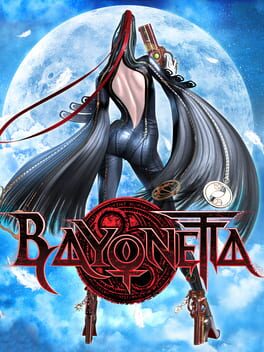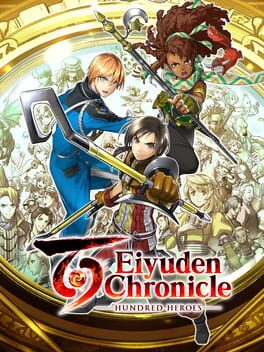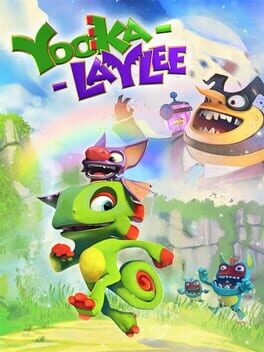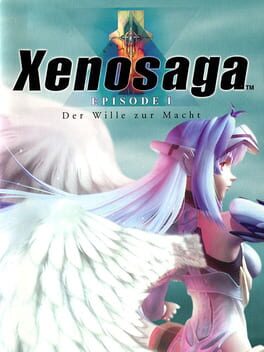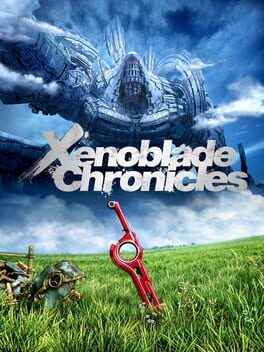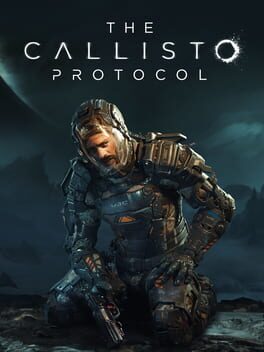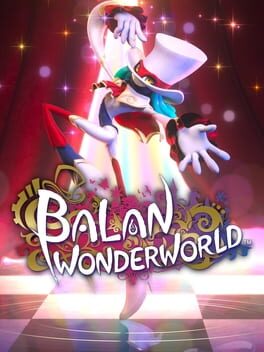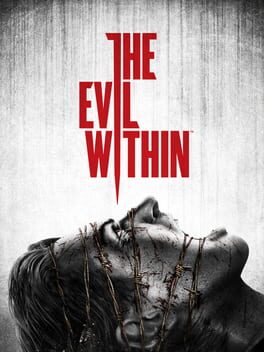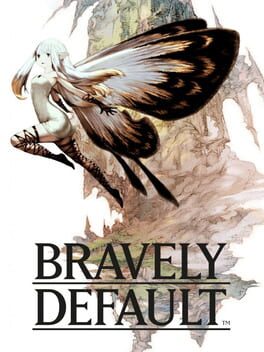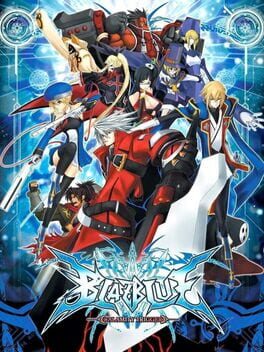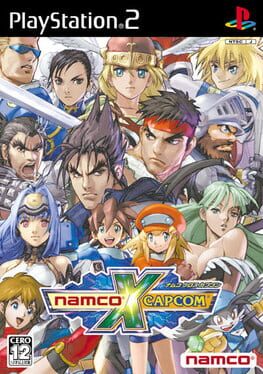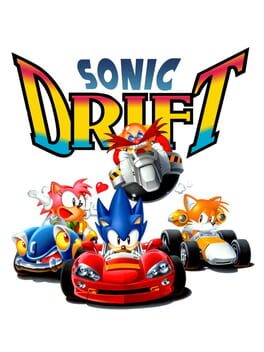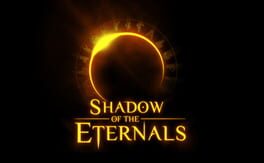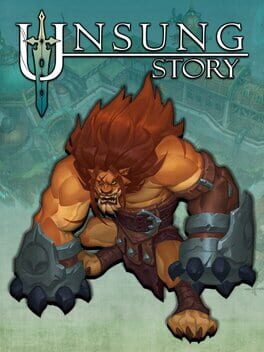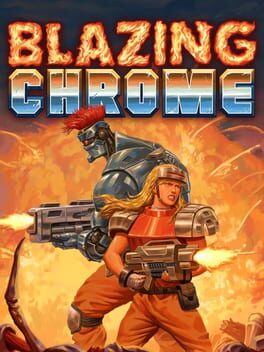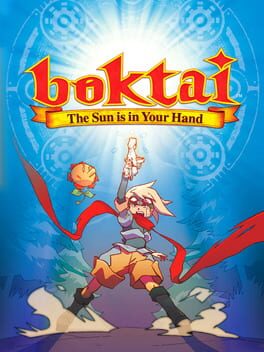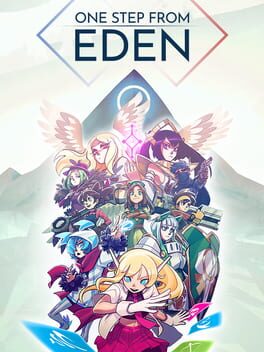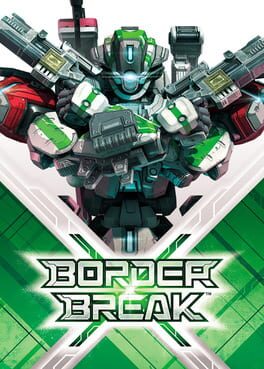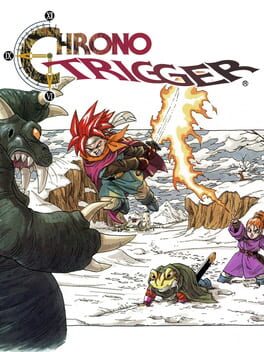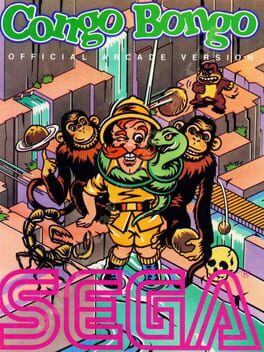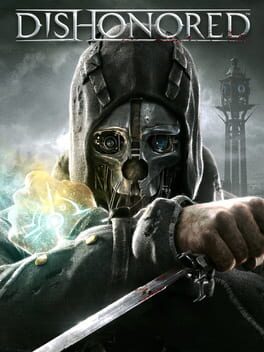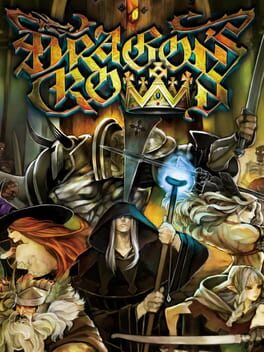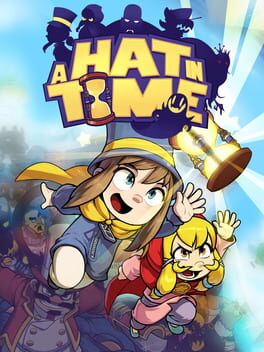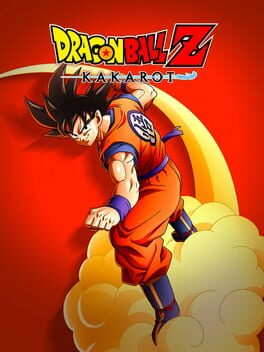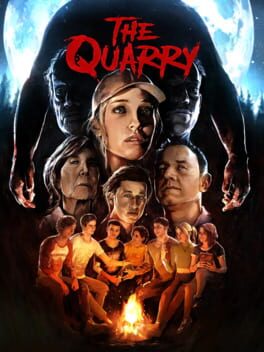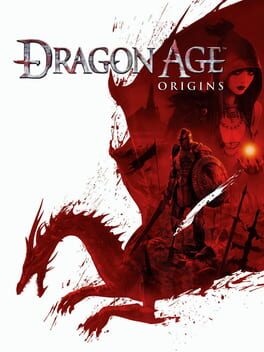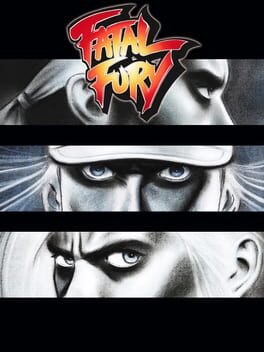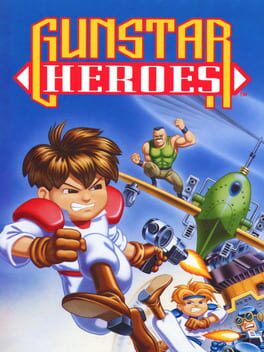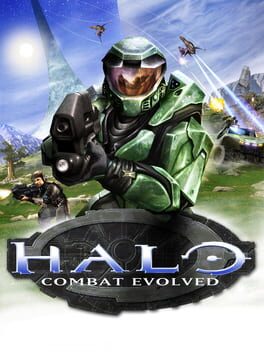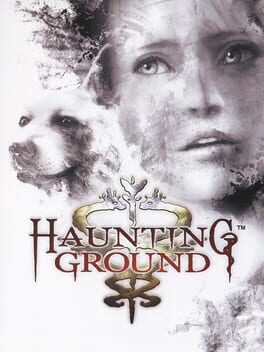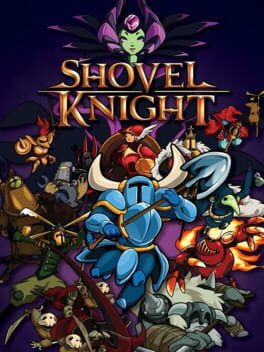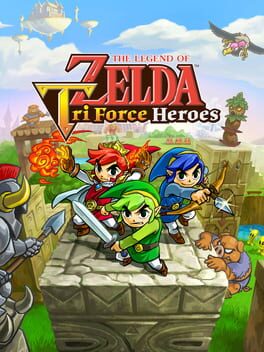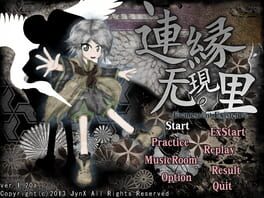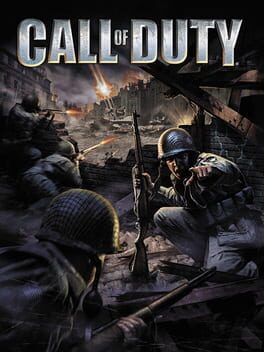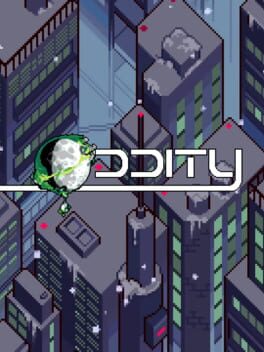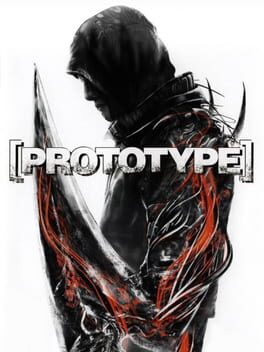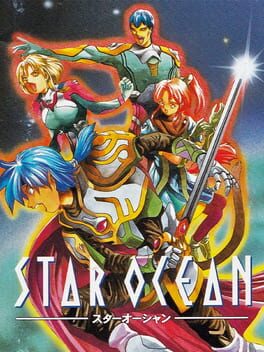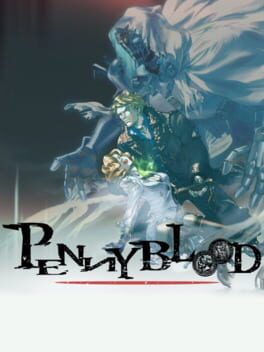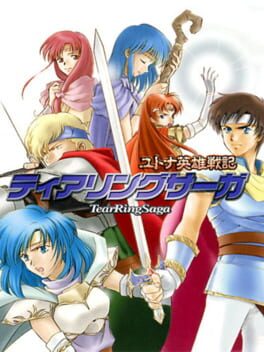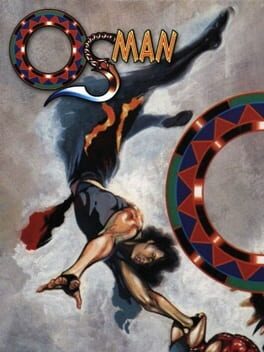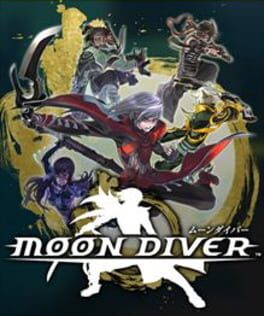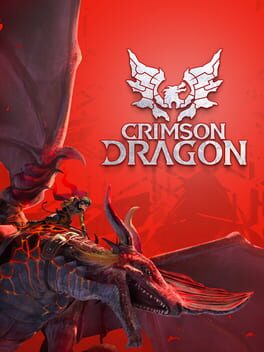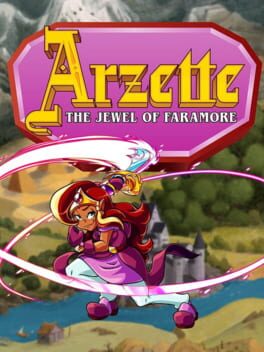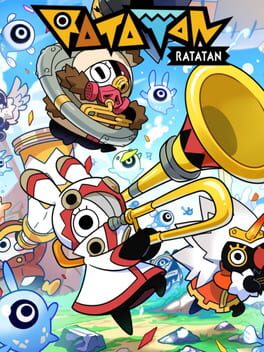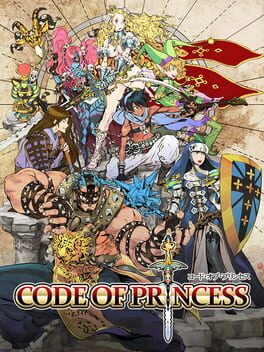Spiritual Successors
A spiritual successor (sometimes called a spiritual sequel) is a product or fictional work that is similar to, or directly inspired by, another previous work, but (unlike a traditional prequel or sequel) does not explicitly continue the product line or media franchise of its predecessor, and is thus only a successor "in spirit".[1][2] Spiritual successors often have similar themes and styles to their source material, but are generally a distinct intellectual property.[3]
From Wikipedia, the free encyclopedia
From Wikipedia, the free encyclopedia
71 Games
Mega Man X series and Mega Man Zero series
Classic Castlevania
Jet Set Radio
NES Ninja Gaiden
Classic Mega Man
Akalabeth: World of Doom
2D Metal Gear
Paper Mario
System Shock 2
Wario Land and Jazz Jackrabbit
Wario Land and Crash Bandicoot
Left 4 Dead
Metroidvania Castlevania
Demon's Souls
P.N. 03 and Devil May Cry
Suikoden
Banjo-Kazooie
Xenogears
Xenosaga
Dead Space
NiGHTS
Resident Evil
Final Fantasy: The 4 Heroes of Light
Contra
Guilty Gear
Namco Super Wars
Radiant Silvergun
Wasteland
Power Drift
Max Payne
Eternal Darkness: Sanity's Requiem
Final Fantasy Tactics and Tactics Ogre
PT (Playable Teaser)
Contra and Metal Slug
Metal Gear Solid (2000)
aka Metal Gear: Ghost Babel
aka Metal Gear: Ghost Babel
Metal Gear Solid V
Mega Man Battle Network
Cyber Troopers Virtual-On
Live a Live
Donkey Kong (1981)
Thief: The Dark Project
Dungeons & Dragons: Shadow over Mystara
Several 6th Generation Platformers
Dragon Ball Z: The Legacy of Goku
Until Dawn
Baldur's Gate and Neverwinter Nights
Street Fighter and Street Smart
Contra III: The Alien Wars
Marathon
Clock Tower
Life is Strange
Mega Man and DuckTales and Castlevania and Zelda II: The Adventure of Link
Marvelous: Mouhitotsu no Takarajima
Medal of Honor: Allied Assault
Earthbound
The Incredible Hulk: Ultimate Destruction
Tales of Phantasia
Tenchu: Stealth Assassins
River City Ransom, Shenmue, and SpikeOut
Harvest Moon (1996)
Shadow Hearts
Fire Emblem: Thracia 776
Strider
Strider
Panzer Dragoon
Link: The Faces of Evil and Zelda: The Wand of Gamelon
Patapon
Guardian Heroes
